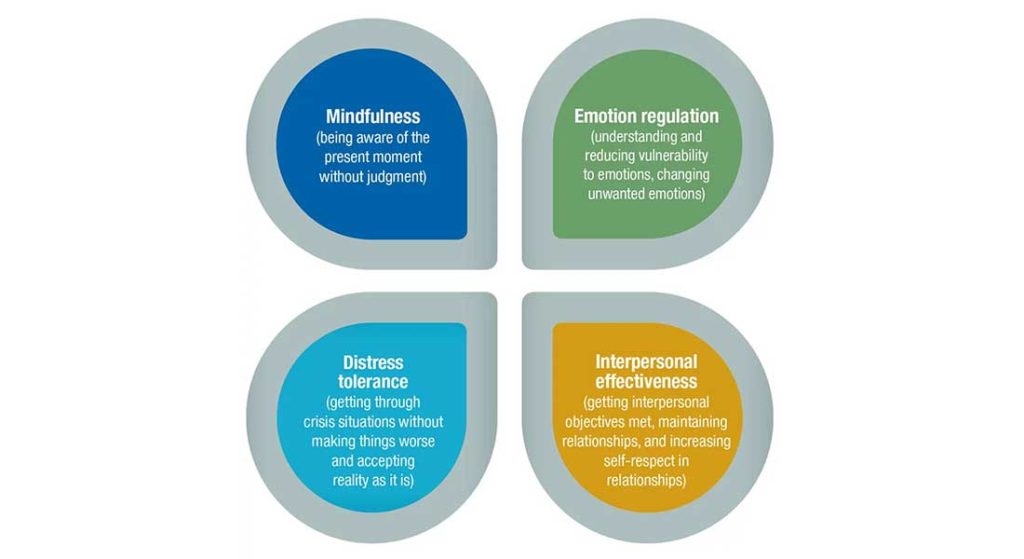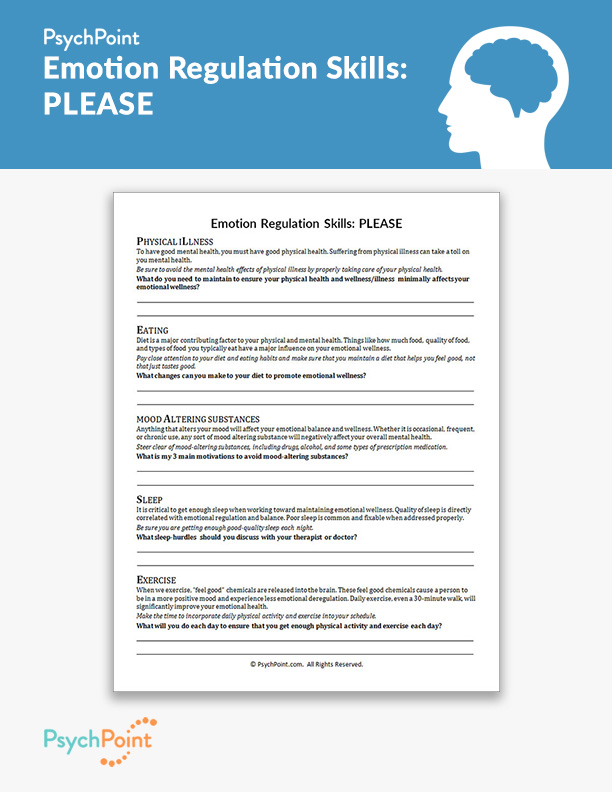Emotion Regulation Ovdialectical Behavioral Training
Dialectical Behavior Therapy (DBT) focuses on teaching people strategies to help them live their best and most productive life. DBT is often used to help people with depression, anxiety, borderline personality disorders, addictions, eating disorder, and PTSD.
- Dialectical Behavioral Therapy Definition
- Dialectical Behavioral Therapy For Children
- Emotion Regulation Ovdialectical Behavioral Training Reliaslearning
- What Is Dialectical Behavioral Therapy
- Dialectical Behavioral Therapy Training
There are four core skill sets that you master to help you problem solve and deal with issues:
Dialectical Behavioral Therapy Definition
This pilot study examined the effects of dialectical behavior therapy (DBT) emotion regulation (ER) skills training for borderline personality disorder (BPD). To date, studies have yet to reveal whether specific DBT skill modules uniquely improve ER problems -one of the putative factors considered to underlie clinical problems in BPD. Dialectical behavior therapy (DBT) provides clients with new skills to manage painful emotions and decrease conflict in relationships. DBT specifically focuses on providing therapeutic skills in.

Dialectical Behavioral Therapy For Children

Emotion Regulation Ovdialectical Behavioral Training Reliaslearning

What Is Dialectical Behavioral Therapy

Dialectical Behavioral Therapy Training
- Mindfulness - the core skill in DBT is being able to non-judgmentally observe yourself and your surroundings. You will become more aware of the physical and mental triggers that cause runaway emotions.
- Distress Tolerance - deal with painful situations. When you can't change the situation, learn how to tolerate it, accept it, and move forward.
- Emotion Regulation - learning to make your emotions work for you. Learn to recognize when an emotion is unproductive and change it into a more productive emotion.
- Interpersonal Skills - change the way you communicate so you get more out of your relationships. Learn to communicate what you want. Become comfortable saying no.
